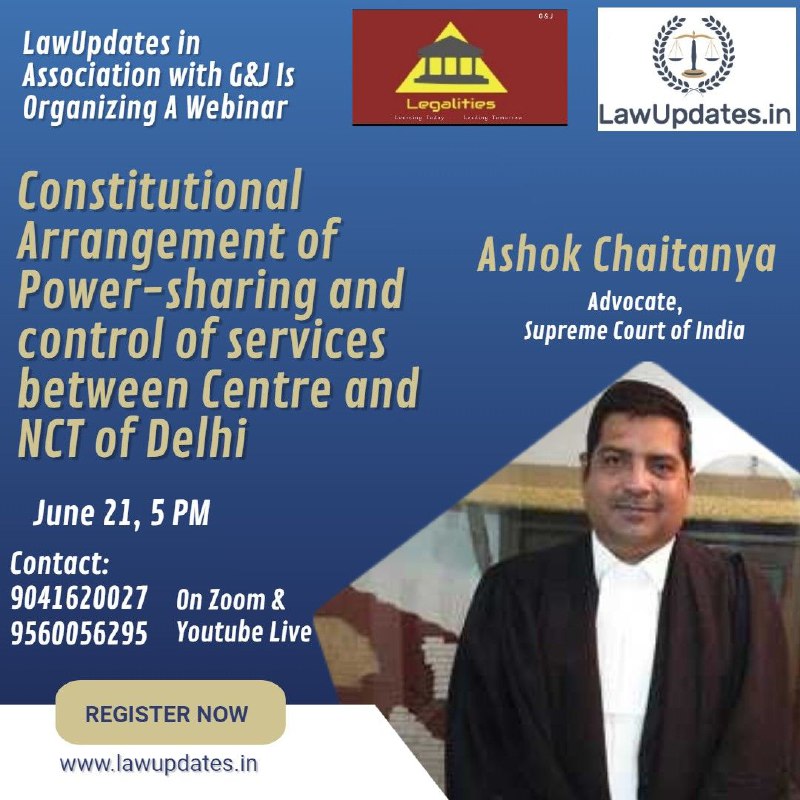The Goa bench of the Bombay High Court recently held that even if a daughter is given dowry at the time of her marriage, her right in the family’s properties does not cease and she can still stake claim [Terezinha Martins David vs Miguel Guarda Rosario Martins].
Single-judge Justice Mahesh Sonak dismissed the argument of a family led by four brothers and a mother that since the four daughters were given some dowry at the time of their wedding, they cannot claim any right in the family’s properties.
“Even if it is assumed that some dowry was provided to the daughters, that does not mean that the daughters cease to have any right in the family property. The rights of the daughters could not have been extinguished in the manner in which they have been attempted to be extinguished by the brothers, post the father’s demise,” the bench held.
It further found lack of material to prove that the four daughters were given sufficient dowry.
“The evidence on record shows that the joint family property was purported to be exclusively usurped by the brothers to exclude the sisters. Merely because one of the sisters deposed in favour of the brothers does not mean that the issue of family arrangement or oral partition was duly proved,” the bench said.
The bench was hearing a plea filed by a woman seeking an injunction against her mother and four brothers, from creating any third party rights in her family’s properties.
The appellant, was the eldest married daughter of the house. However, she was not given share in any of the properties by her four brothers and mother.
She pointed out that the mother and the other sisters had given consent to a transfer deed executed in 1990 in favor of two of her brothers. By virtue of this transfer deed, the family’s shop and house were transferred in the favor of the two brothers.
She contended that she learnt of the same only in 1994 and subsequently she instituted proceedings before the civil court. Her suit was decreed by the civil court; however, an appeal against it was allowed by the appellate court due to which she petitioned the High Court.
The brothers contended that she had no right in the properties. They relied on the “oral partition” of the said properties, wherein their other three sisters had given up their rights as they too were given dowry at the time of their wedding, like the appellant.
To this, the judge said,
“There is no evidence whatsoever to sustain such a plea. Merely stating that there was some family arrangement by which four daughters of Antonio (father) and Matilda (mother) were given dowry at the time of their marriages is insufficient to spell out the ingredients of the family arrangement or an oral partition. Secondly, in terms of Article 2184 of the Portuguese Civil Code, a partition which is merely severance of a joint status cannot be effected orally and has necessarily to be by a written document.”
The brothers also contented that the present proceedings were barred by the Limitation Act as the same allows filing of a suit only within three years of knowing about the decree or execution of the deed.
In the instant case, the brothers argued that the transfer deed was executed in 1990 and the suit was filed by the appellant in 1994.
However, Justice Sonak noted that the appellant had clearly testified that she filed the suit within six weeks of learning about the said deed. He pointed out that the brothers failed to prove that the appellant learnt about the said deed in 1990 itself.
“To my mind, this was a slender base to non-suit the Appellant on the limitation issue. The Trial Court failed to account for the evidence where the Appellant disclaimed knowledge about the Court proceedings to which she was not a party and, of course, the transfer deed,” the judge said.
With these observations, the bench quashed the said transfer deed and granted an injunction in favor of the appellant.
Advocates CA Coutinho and Ivan Santimano appeared for the appellant.
Senior Advocate AF Diniz along with advocates Ryan Menezes and S Alvares represented the defendants.
Source Link



